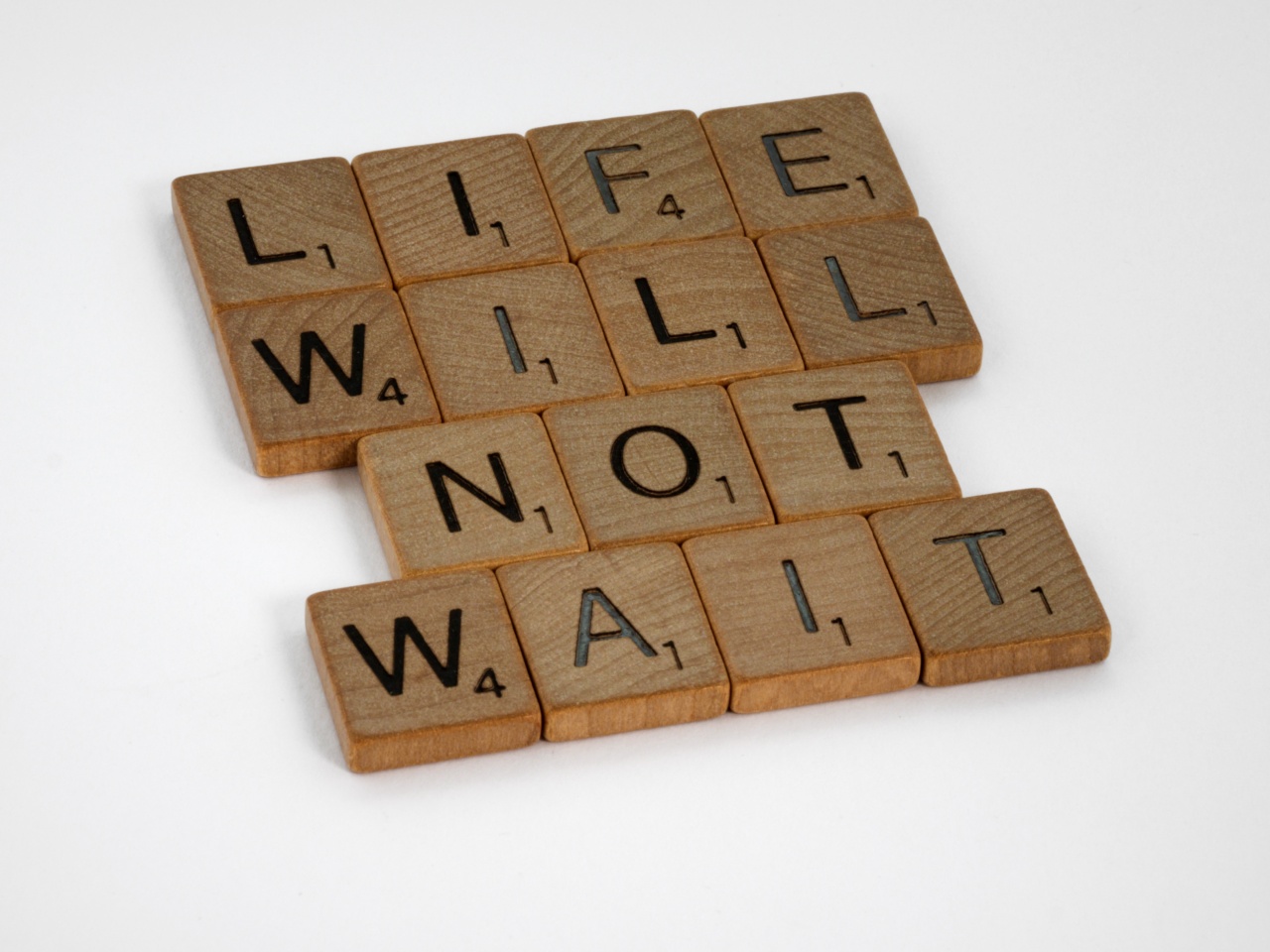Alcohol is a common social lubricant, and drinking often goes hand-in-hand with social gatherings and events.
However, it’s important to remember that alcohol can impair judgment and decision making, leading to regrettable actions and consequences.
The Effects of Alcohol on the Brain
Alcohol affects the brain in various ways, including reducing inhibitions, impairing judgment, and slowing down reaction times.
This makes it easier for someone to make decisions they wouldn’t normally make when sober, leading to actions they may regret later. Drinking also affects the brain’s ability to form new memories, which can make it difficult to recall the details of a night out.
Riskier Behavior
Drinking can lead to a false sense of confidence and bravado, making people more willing to engage in riskier behavior. This can include driving under the influence, having unprotected sex, or getting into physical altercations.
These actions not only put the individual at risk but also those around them.
Embarrassing and Offensive Behavior
Drinking can also lead to embarrassing and offensive behavior, such as slurring words, stumbling, and being overly loud or obnoxious.
People may say things they normally wouldn’t say, leading to hurtful or offensive comments that can strain relationships. This behavior can also lead to embarrassment, shame, and guilt once the alcohol wears off, leaving people with regret over their actions.
Relationship Consequences
Drinking can also have long-term consequences on relationships. Engaging in risky or offensive behavior can lead to trust issues and hurt feelings, which may be difficult to repair.
Alcohol can also lead to infidelity, leading to the breakdown of relationships and the unraveling of once-strong bonds. These consequences can be devastating and irreversible.
Health Risks
Drinking excessively can also lead to various health risks, including liver damage, heart disease, and cancer.
Regular heavy drinking can lead to alcoholism, a serious addiction that can have long-term consequences on a person’s physical and mental health.
Preventing Regrettable Actions
The best way to prevent regrettable actions while drinking is to drink responsibly. This includes setting limits on the number of drinks consumed and avoiding peer pressure to drink more than you’re comfortable with.
It’s also important to have a designated driver or plan for transportation to avoid the risk of driving under the influence.
Avoiding Embarrassing and Offensive Behavior
To avoid embarrassing and offensive behavior while drinking, it’s important to be aware of your actions and behaviors. Be mindful of your words and actions and how they may affect those around you.
If you feel yourself getting too drunk, it’s important to take a break from drinking and switch to water or another non-alcoholic beverage.
Cultivating Healthy Relationships
To cultivate healthy relationships while drinking, it’s important to be respectful of others’ boundaries and feelings. Avoid engaging in behavior that may cause harm or lead to trust issues.
Communication is key, and it’s important to be honest and open with your partner or loved ones.
Conclusion
While drinking can be a fun and enjoyable activity, it’s important to be aware of its consequences. Drinking can impair judgment and decision making, leading to regrettable actions and consequences that can affect relationships and health.
By drinking responsibly and being mindful of your actions, you can avoid regret and enjoy a healthy and positive relationship with alcohol.






























